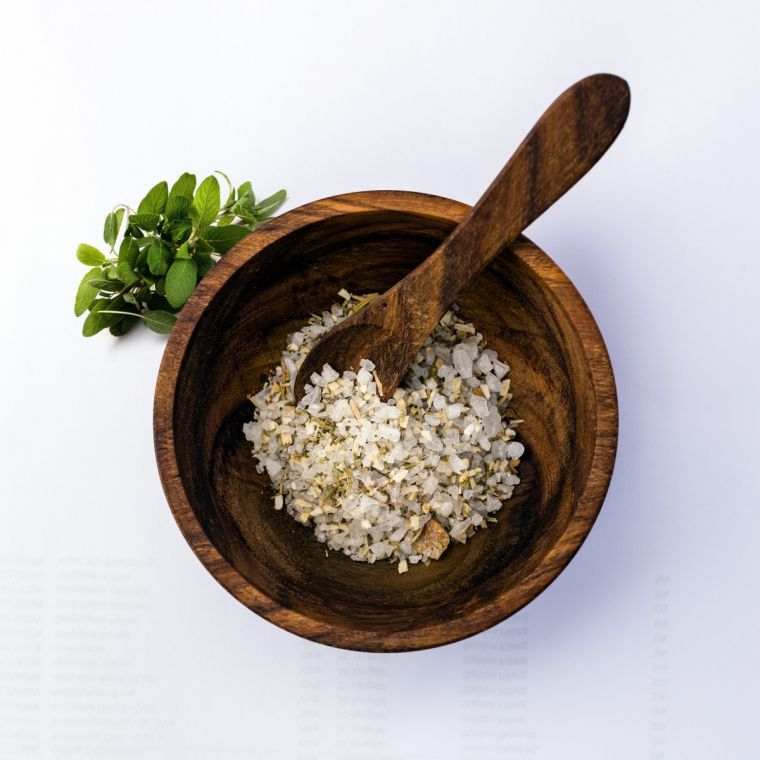Being positively Christian in a poisonous climate

Jesus said: "Salt is good; but if salt has lost its saltiness, how can you season it? Have salt in yourselves, and be at peace with one another." (Mark 9:50)
You don't have to spend long online to discover how poisoned much of the culture in which we live now feels.
Here in the UK, where I write, the storm after the Brexit vote has made me feel literally, physically sick. I read of Remain voters being called "retards" while Leave voters were "racists". Some suggested whole segments of the population were either too stupid or too old to vote and should be disenfranchised. Others suggested that all Muslims should now be packed off to other countries.
It's much the same, I believe, in the US. The hostility between Clinton and Trump supporters seems without parallel. Congress has been disrupted by an unprecedented sit-in as cross-party relationships break down.
That's just the West. In many other parts of the world, of course, it is far worse. We might think of horrific violence in the Middle East; the erosion of liberty in Turkey and Russia; the ongoing gulag that is North Korea.
How, then, as Christians can we live as "salt" in a poisonous culture, whatever form it takes? As so often, Jesus offers no easy answers, but gives us a picture suitable for all cultures and centuries in order to provoke us to think.
"Salt," Jesus says, "is good. But if salt has lost its saltiness, how can you season it?" It's a metaphor easily understood. As Alan Cole says: "Christians are to be the moral preservative of the world; they are to 'salt' life, to purify it, and to stop it becoming utterly corrupt." But what does that mean in practice? Here are just a couple of possible examples from my own setting at the moment:
1. Doing distinctive Christian things. For example, following the murder of British MP Jo Cox, I invited our own Member of Parliament to a service this last Sunday. Five hundred households in our local community were e-mailed and invited. The aim was to show genuine non-partisan support, love and encouragement – and to pray for her. Who else is going to do all that, I wonder, apart from Christians? Not many, I think.
In the town near here, Christians are hard at work doing positive, distinctive things. There is a Christian employment advice service; there are Street Pastors; a volunteer team patrolling a notorious suicide spot; a chaplaincy in the major shopping precinct; a group providing hot meals to vulnerable people; a winter night-shelter for homeless people; a cafe for international students and immigrant families. And that list could go on.
2. Trying to be different on social media. I say "trying" because sometimes I get it wrong; sometimes my well-meant efforts have sounded a bit preachy, I think. One man I know does it better: he posts an amazing sunrise-over-the-sea photo (which he takes afresh each morning) almost every day. It's so different from much of the corrosive stuff we often see! Perhaps we all need to remember the "4P" rule of social media: Pause, Pray, then Post Positively.
3. Above all else, preaching the gospel. Most importantly, being "salt" means proclaiming the good news of Jesus Christ – the gospel of who he is, his cross and resurrection, and why it is vital people listen and respond (as Jesus himself sets out in the preceding verses). At our church here yesterday we reflected at some length on the Brexit referendum, and prayed for our MP – but at the heart of what we did was the centrality of the gospel and its preaching.
Being salt is not easy. It will be different for you in your own particular context, no doubt. But even in North Korea it seems possible, as I have reported for Christian Today previously. And we need to remember Jesus' warning about salt losing its saltiness – it becomes useless. As Jesus continues: "Have salt in yourselves, and be at peace with one another." The context is that his disciples had been arguing about who was the greatest (v34) – a sure-fire way of losing Christian distinctiveness in the eyes of a watching world.
And so I pray: Lord, I get many things wrong, and so often fail to be appropriately distinctive. But help me to be a salt-like presence: inspiringly, interestingly, even inspirationally different, for Your sake. Amen.
David Baker is a former daily newspaper journalist now working as an Anglican minister in Sussex, England. The Rough Guide to Discipleship is a fortnightly devotional series.











